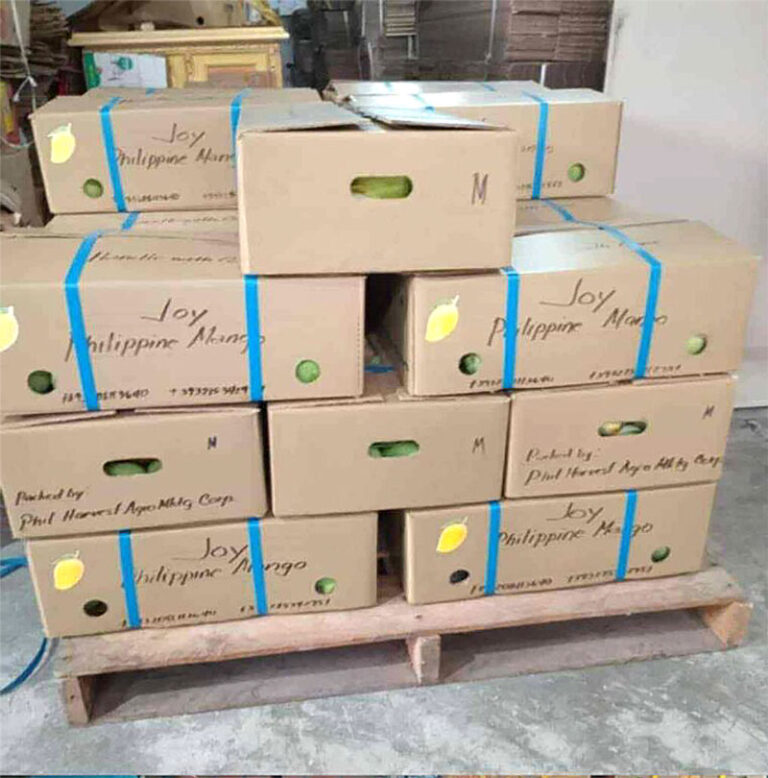
MANILA (Mindanao Examiner / Feb. 6, 2014) – Philippine leader Benigno Aquino has rejected anew fresh appeals from Filipino lawmakers and various groups to apologize to Hong Kong over the death of 8 tourists in a hostage crisis in Manila in 2010.
Filipino lawmakers have been pushing for Aquino to apologize and so is former President and now Manila Mayor Joseph Estrada in an effort to spare Filipino workers from more sanctions from the Hong Kong government.
Aquino, in an interview published by the New York Times, said he had no plans to apologize, adding that this could create a legal liability. He was also quoted as saying that China had not paid compensation to the families of Filipinos who died in episodes on the mainland.
On Wednesday, the latest sanctions by Hong Kong against Manila took effect – a visa requirement on holders of red and blue official passports. The move is expected to affect only Philippine government officials and not holders of regular passports.
Hong Kong’s demanded for an apology stemmed from the August 2010 crisis where a dismissed policeman took a busload of tourists hostage to demand his reinstatement.
The policeman and eight of the tourists were killed in a failed police rescue operation.
Hong Kong, a former British colony, is under China’s rule and in the same in the same interview, Aquino has warned China’s efforts to claim disputed territories near the Philippines are like Nazi Germany’s before World War II, drawing a fierce Chinese response branding him ignorant and amateurish.
In an article filed by Agence France Presse, Aquino called for world leaders not to make the mistake of appeasing Beijing as it seeks to cement control over contested waters and islands in the strategically vital South China Sea.
“At what point do you say: ‘Enough is enough’? Well, the world has to say it -— remember that the Sudetenland was given in an attempt to appease Hitler to prevent World War II,” Aquino told the New York Times.
Aquino was referring to the failure by Western nations to back Czechoslovakia when Adolf Hitler-led Nazi Germany occupied western parts of the European nation in 1938 ahead of World War II.
His comments come less than two weeks after Japanese Prime Minister Shinzo Abe raised the temperature in a parallel territorial dispute with China by appearing to compare Sino-Japanese relations with the run-up to World War I.
Japan and China are at loggerheads over the sovereignty of disputed islands in the East China Sea, raising fears about a military confrontation between Asia’s two biggest economies.
China also claims nearly all of the South China Sea, one of the world’s most important waterways as it is home to vital shipping lanes and is believed to sit atop lucrative deposits of natural resources.
But the Philippines, as well as Vietnam, Malaysia, Brunei and the Taiwan, have overlapping claims to some of the waters, and those disputes have for decades made the South China Sea another potential trigger for military conflict. (With AFP and state media reports)



